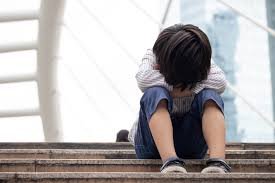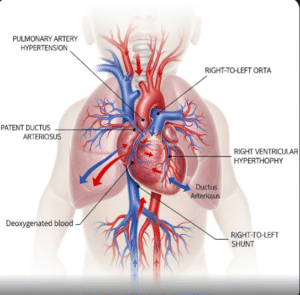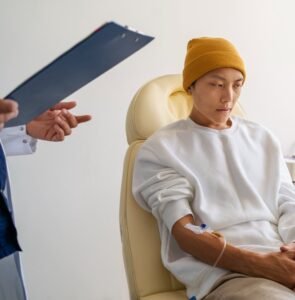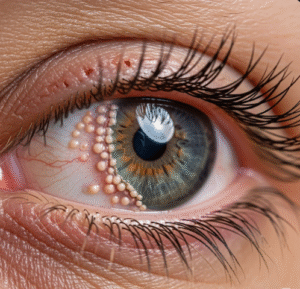Overview
Childhood depression is a mental health disorder that affects mood, behavior, and physical health in children. In Korea, awareness of pediatric depression has grown, with schools, pediatric clinics, and psychiatric hospitals increasingly involved in early detection, counseling, and treatment programs to prevent long-term emotional and social difficulties.
What is Depression in Children?
Depression in children involves persistent feelings of sadness, irritability, or hopelessness that interfere with daily functioning, such as school performance, friendships, and family relationships. Unlike adults, children may express depression through behavioral changes, academic decline, or physical complaints rather than verbalizing feelings of sadness.
Symptoms
- Persistent sadness or irritability
- Loss of interest in hobbies or play
- Changes in appetite or weight
- Sleep disturbances (insomnia or excessive sleep)
- Low energy or fatigue
- Difficulty concentrating or declining school performance
- Social withdrawal from friends or family
- Frequent complaints of physical symptoms (headaches, stomachaches)
- Feelings of worthlessness or excessive guilt
- Thoughts of self-harm in severe cases
Causes
- Genetic predisposition and family history of depression
- Neurochemical imbalances in the brain
- Trauma, abuse, or neglect
- Bullying or social stressors at school
- Chronic medical illnesses
- Significant life changes (parental separation, relocation)
Risk Factors
- Family history of depression or other mental illnesses
- Exposure to traumatic events or neglect
- Low self-esteem or perfectionist tendencies
- Chronic physical illness
- Peer rejection or social isolation
- Academic or environmental stressors
Complications
- Academic decline and social withdrawal
- Increased risk of substance abuse during adolescence
- Behavioral problems or aggression
- Chronic mental health issues extending into adulthood
- Suicidal ideation or self-harm
Prevention
- Early identification and intervention by parents, teachers, or pediatricians
- Supportive family and school environment
- Regular mental health screenings in schools and clinics
- Education about coping strategies and emotional regulation
- Encouraging physical activity, hobbies, and social interaction
Treatment Options in Korea
- Diagnosis
- Pediatric psychiatric evaluation using DSM-5 criteria
- Structured interviews and rating scales (Children’s Depression Inventory, CDI)
- Screening for underlying medical conditions
- Medical Treatments
- Antidepressants (SSRIs) prescribed carefully under pediatric supervision
- Close monitoring for side effects or behavioral changes
- Medication combined with therapy in moderate to severe cases
- Psychological Therapies
- Cognitive Behavioral Therapy (CBT) tailored for children
- Play therapy and art therapy for younger children
- Family therapy to improve communication and support
- Rehabilitation & Support
- School counseling and academic support programs
- Community mental health centers providing pediatric care
- Support groups for children and parents













